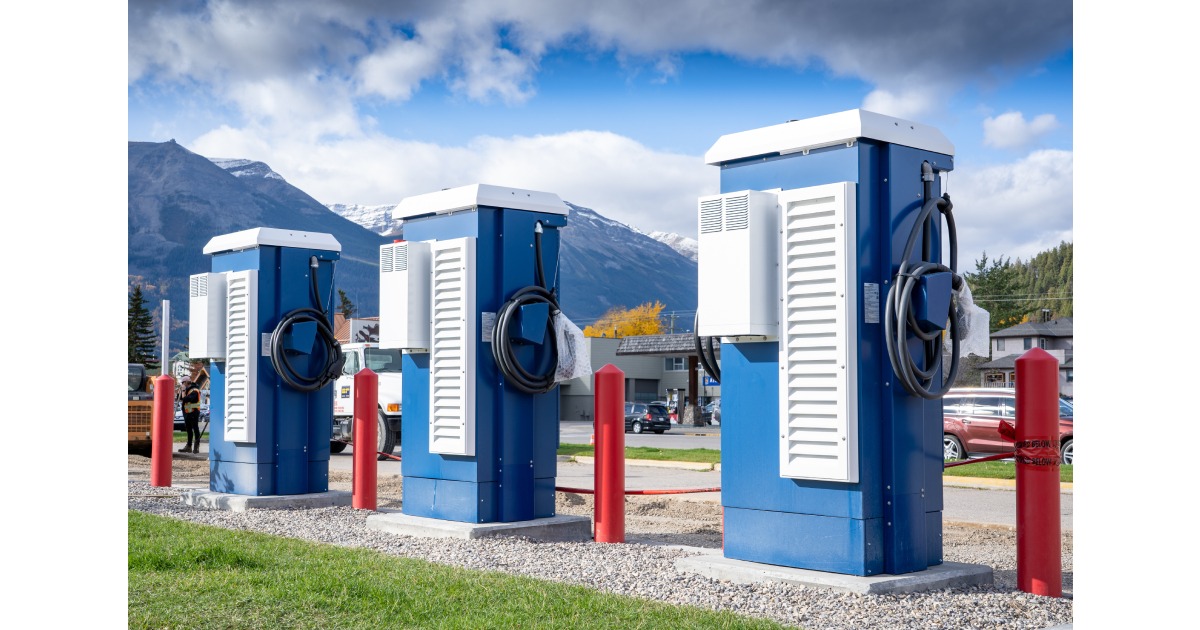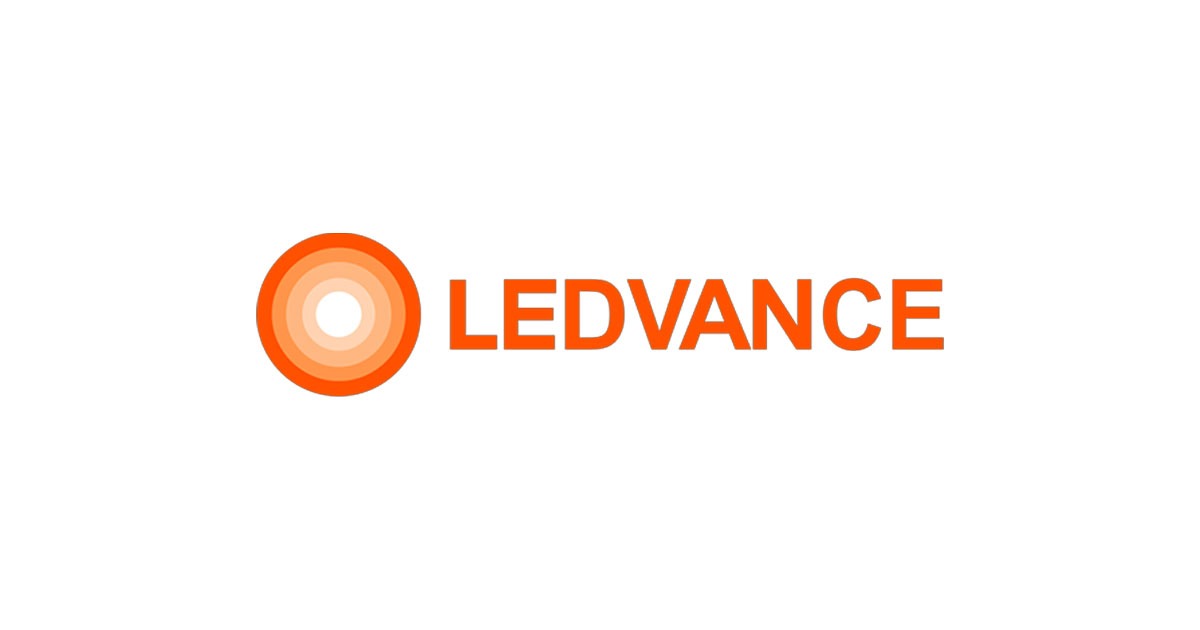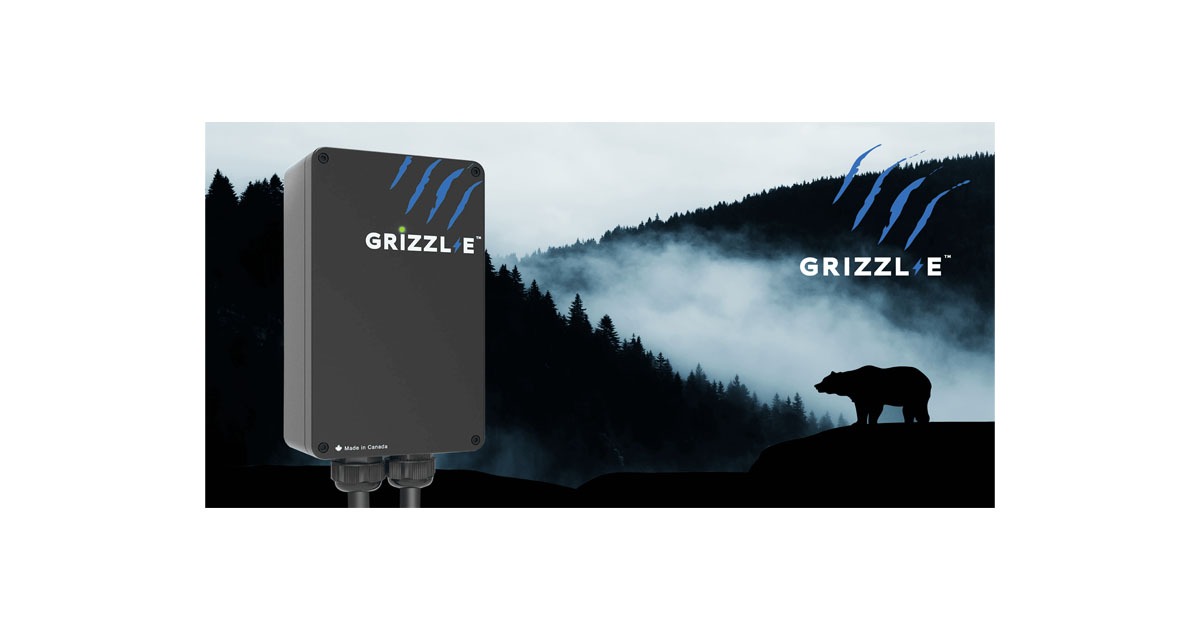ZEVIP Call for Proposals Open for EV Charging Infrastructure

November 26, 2025
Launched in 2019, the Zero Emission Vehicle Infrastructure Program (ZEVIP) is a program that addresses a key barrier to the adoption of zero-emission vehicles (ZEV)—the lack of charging and hydrogen refuelling stations in Canada— by increasing the availability of localized charging and hydrogen refuelling opportunities where Canadians live, work, travel and play.
This pilot Call for Proposals (CFP) for transportation corridor public electric vehicle (EV) charging in high priority areas as defined by a ranking of “4” or “5” and being within 1.6km of a road identified on the Electric Vehicle Charging Planning Map will accept project proposals on a continuous basis until funding has been fully committed. NRCan is anticipating high demand for the notional allocation of $9 million dollars. NRCan reserves the right to change the notional allocation and close the intake when demand exceeds available funds.
Application timelines and deadlines
- Call for Proposals initiated November 25, 2025, and project proposals will be continually accepted until funds are fully committed
- Communicating Funding Decisions – 30 business days from submission
- Negotiation period and signature of Contribution Agreements (CA) – 2 months
- Project completion date for electric vehicle chargers – 30 months
Eligibility criteria
Eligible applicants
Legal entities validly incorporated or registered in Canada or abroad including not-for-profit and for-profit organizations such as:
- Electric utilities
- Companies
- Industry associations
- Indigenous businesses (registered under the Indigenous Business Directory) and community groups
- Canadian provincial, territorial, regional or municipal governments or their departments or agencies where applicable
The following are not eligible for funding support under ZEVIP:
- Individuals
- Any part of the federal public administration, including departments, Crown corporations and agencies
- Softwood lumber companies and those that are vertically integrated with them
Note: Projects must be submitted by the organization (the Proponent) that will own and operate the infrastructure and that will be incurring the project costs. Proof of eligible expenditures for reimbursement need to be under the name of the Proponent.
Eligible Projects
To be considered for funding, the Project must include the installation of a minimum of one (1) public EV fast charger of 100 kW co-located with additional EV chargers to bring the total site output to at least 150 kW.
All EV chargers within the Project must:
- Be located within 1.6km of roads displayed on the Electric Vehicle Charging Planning Map;
- Be located in areas identified as high priority (i.e. ranked “4” or “5” on the Electric Vehicle Charging Planning Map;
- Be publicly accessible 24 hours per day, 7 days per week;
- Be installed in compliance with all applicable local codes (for example, building and electrical) and bylaws (for example, zoning and parking);
- Be manufactured in Canada or in a country that has an in-force trade agreement with Canada;
- Be a permanent, hard-wired installation (mounted or fixed);
- Be new and purchased equipment (not leased);
- Be for a new installation or expansion of an existing installation (not for the replacement of an existing installation);
- Be certified for use in Canada (e.g. CSA, UL, Interlink) and be commercially available;
- Be networked to a charging network;
- Include at least one of the following charging connector types:
- SAE J1772 Combo (CCS)
- SAE J3400 (NACS)
- SAE J1772 standard (208/240 V) (co-located with fast chargers)
Eligible expenditures
Eligible expenditures for an approved project under ZEVIP must be directly related to, and necessary for, the implementation and conduct of the project and will include:
- Salary and benefits
- Professional services (for example, scientific, technical, management; contracting; engineering; construction; installation, testing and commissioning of equipment; training; marketing; data collection; logistics; maintenance plans; printing; distribution)
- Reasonable travel costs, including transportation, meals, and accommodation
- Capital expenses, including informatics and other equipment or infrastructure
- Rental fees or leasing costs
- License fees and permits
- Costs associated with environmental assessments
- GST, PST, and HST net of any tax rebate to which the recipient is entitled
- Overhead expenses directly related to the project will be considered to a maximum of 15% of eligible expenditures
Ineligible expenditures for reimbursement under ZEVIP will include:
- In-kind
- Land costs
- Legal costs
- Ongoing operating costs (e.g., electricity consumption, operation, networking fees, subscription fees)
- Costs incurred outside the Eligible Expenditure Period, including those for preparing this application
Ongoing operating costs (e.g., electricity consumption, operation, networking fees, subscription fees), and costs incurred before a project is approved by NRCan, including those costs for preparing this application, are not attributable to the project (out of scope).
Funding activities
Maximum funding amount
NRCan’s contribution through ZEVIP will be limited to a maximum of 2 million dollars ($2,000,000) per project. Each applicant is limited to submitting two project proposals under this intake.
Financial support for projects is based on the total amount of funds available for ZEVIP and within the ZEVIP timeframe. Funding is subject to an appropriation by Parliament for the fiscal year in which payments are to be made.
ZEVIP will pay up to 50% of Total Project Costs (75% for Indigenous businesses and communities), up to maximum amounts as shown in the following table:
| Type of infrastructure | Output | Maximum funding | Maximum funding for Indigenous businesses and communities |
|---|---|---|---|
| Fast charger | 20 kW to 49 kW | Up to 50% of total project costs, to a maximum of $15,000 per charger | Up to 75% of total project costs, to a maximum of $22,500 per charger |
| Fast charger | 50 kW to 99 kW | Up to 50% of total project costs, to a maximum of $50,000 per charger | Up to 75% of total project costs, to a maximum of $75,000 per charger |
| Fast charger | 100 kW to 199 kW | Up to 50% of total project costs, to a maximum of $75,000 per charger | Up to 75% of total project costs, to a maximum of $112,500 per charger |
| Fast charger | 200 kW and above | Up to 50% of total project costs, to a maximum of $100,000 per charger | Up to 75% of total project costs, to a maximum of $150,000 per charger |
Note: Additional funding is also available for Level 2 chargers that are co-located with fast chargers. Applicants can receive up to 50% of total project costs, to a maximum of $5,000 per connector. Applicants from Indigenous businesses or communities can receive up to 75% of total project costs, to a maximum of $7,500 per connector.
How to apply
Important: Applications can only be submitted during an active CFP. Incomplete applications will not be considered for funding.
- Applicants must review and ensure they meet the eligibility criteria. It is strongly recommended for applicants to familiarize themselves with the Applicant’s Guide before submitting a project proposal.
- A complete application package (proposal) will be submitted through the Transportation and Fuels Decarbonisation Programs portal and will consist of:
- A completed online application form;
- Supporting documentation; and
- An attestation dated and signed by a duly authorized officer.
Service standards
The goal is to achieve service standards at least 80% of the time under normal circumstances:
- Acknowledge receipt of application and/or proposal within 5 business days.
- Provide funding decisions within 100 calendar days.
- Send you a draft Contribution Agreement for review within 30 business days of issuing the Letter of Conditional Approval.
- Send you a payment within 30 business days of receipt of a duly completed and documented payment claim.
Contact
For additional information, email zev-infra-vez@nrcan-rncan.gc.ca.




